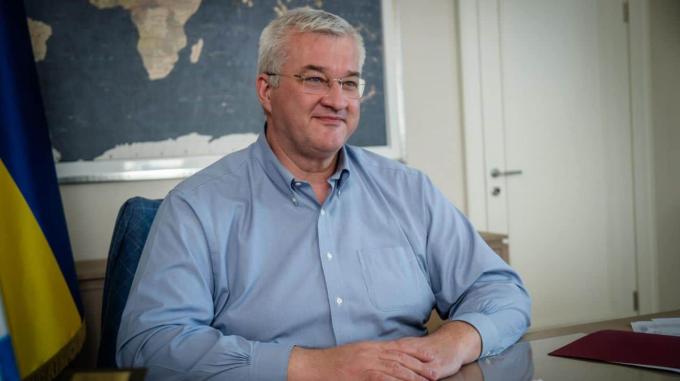The situation with frozen Russian assets: time to move from words to actions

Ukrainian Foreign Minister Andriy Sybiga has made a sharp appeal to Western partners to refocus their efforts and use not only the interest from frozen Russian assets, but the assets themselves to support Ukraine in its fight and recovery. At the Fair Play conference dedicated to the issue of sanctions against Russia, the Ukrainian Foreign Minister stressed that it is time to move on to practical steps and direct these funds to important goals for Ukraine. "We need to complete discussions around the wording: from words about frozen assets to real actions - their use for the purchase of modern weapons, the development of the defense sector and the restoration of the country," Sybiga said. According to him, Russia continues to pose an existential threat to all of Europe and the Euro-Atlantic space, and that is why decisive and bold measures must be taken. He added that unity and support from international partners are key factors in stopping Russian aggression. The minister stressed that during discussions with colleagues from NATO countries in The Hague, he felt a growing understanding of the scale of the threat posed by Russia. This suggests that more and more European and world leaders are aware of the need to take decisive measures against Moscow. Background: The European Union has long considered the possibility of using frozen Russian assets. According to the latest data, about 210 billion euros of Russian assets in the EU are currently under sanctions. It is planned that more than 200 billion euros will remain frozen until at least the end of 2025. There is also active debate about confiscating these funds and transferring them to Ukraine to direct the proceeds to its defense sector and the restoration of destroyed infrastructure. However, this process is complicated by numerous political and legal obstacles. Major European countries — France, Germany, Italy, Spain — oppose asset confiscation, fearing that it could scare away foreign investors and complicate possible future negotiations with Russia. They insist that frozen assets should still serve as a tool of pressure, but not be a source of financing for war — they should be used carefully and responsibly. Meanwhile, partner countries continue to seek a balance between supporting Ukraine and avoiding additional risks to the stability of the global financial system. In such conditions, the word or actions of Ukrainian diplomats and politicians still carry weight, because it depends on them when and how the final mechanisms for using frozen assets will become a real part of the fight against Russian aggression.

